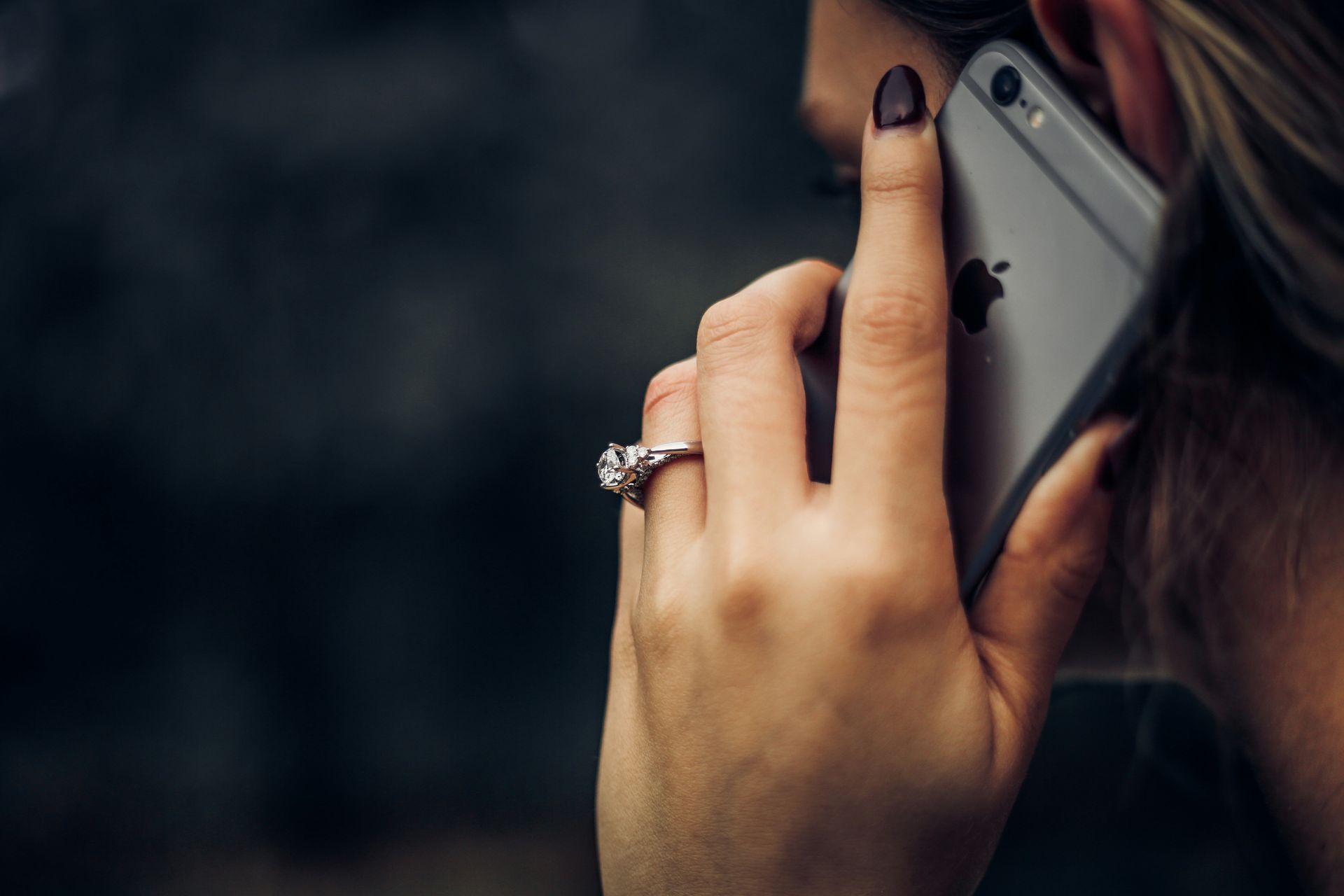A single bottle of water could contain a quarter of a million microscopic particles of plastics i.e. per litre of plastic bottled water.
Australia’s Nine Network has carried the story of a new study in which three common US bottled water brands were found to contain an average of 250,000 invisible pieces of plastic less than a micron – 180th the width of a human hair:
That’s not even the worst of it:
They can keep breaking up, the longer the water is in the plastic bottle.
And if a plastic bottle of water is kept in warm or hot conditions (such as in a vehicle), all the more particles will be released.
They’re Cumulative
Shedding of plastic particles isn’t limited to water bottled in plastic, either. Even plastic food containers designed for long-term, repeat usage, can shed plastic particles.
And – worse still – these nanoplastics build up in the human system.
It makes me real glad I gave thought – years ago – to the likely foolhardiness of sourcing my drinking water in large flagons (designed to be used with water coolers) off the back of a delivery truck that drove around in the sun all day. If that’s how you re buying water for your household, or your company is buying your water for your staff and your visitors, you might want to ask some salient questions of the company you’re buying it from.
The Specific Health Ramifications
Another (mid-January) Inside Edition report on the same study by Columbia and Rutgers Universities, dove more specifically into the health ramifications:
Showing 10 times the amount of microplastic shedding than previous studies, these mega-tiny nanoparticles (smaller and significantly more dangerous than microparticles) “can pass through intestines and lungs directly into the bloodstream and travel from there to organs, including the heart and brain”.
‘They End Up in Your Organs’
One of the lead researchers, Dr Sherri Mason, says that “once you’re looking at a particle that is smaller than 100 microns, it can actually make its way across the gastro-intestinal tract, be carried in your blood, and end up in your organs.”
Meanwhile, the study group’s toxicologist, Rutgers University’s Dr Phoebe Stapleton, says the researchers are “seeing some unhappy cells" and even DNA changes, “based on what type of plastic” is being ingested with the water. Each of the three brands of bottled water contained a different type of plastic: Eyewitness News ABC7NY
Other News, Reviews & Commentary









